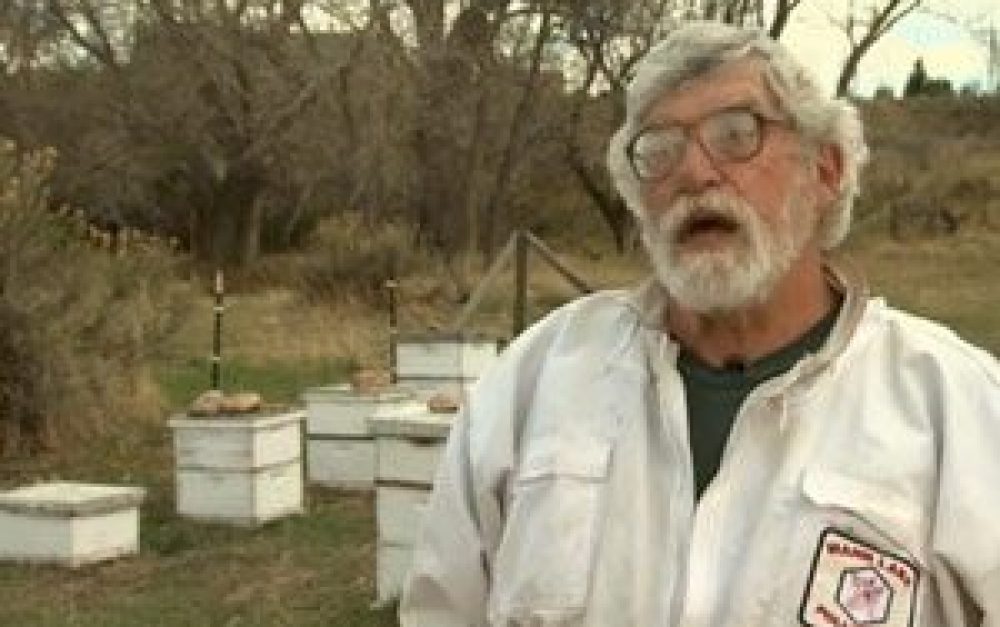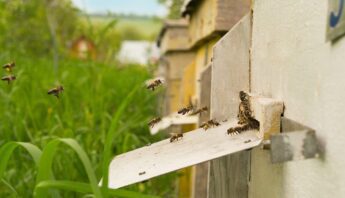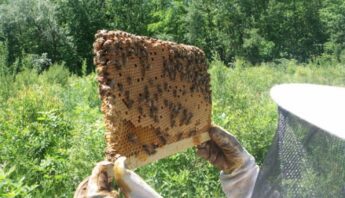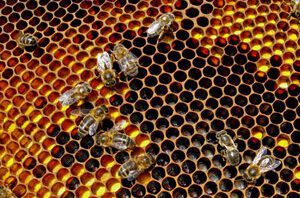Help start a national conversation on pesticides and bees by spreading the word about this hard-hitting, in-depth investigative report.
Dan Rather's investigative reporting team has produced a follow-up to their 2006 inquiry into Colony Collapse Disorder. Five years later, the situation remains substantively unaddressed by EPA.
Honey bees are still dying off at an average rate of 34% year, and the millions of dollars Congress set aside to investigate the issue has yielded no actionable findings for the federal agencies charged with stemming the tide of honey bee decline.
The report zeroes in on EPA's failure to adequately assess the toxicity of neonicotinoids, a class of pesticides widely considered by beekeepers to be a causal factor in the recent honey bee declines.
As Dan Rather reports in a companion article in the Huffington Post,
How [neonicotinoid pesticides] got onto the market illustrates, according to several scientists we spoke to both inside and outside the EPA, the real deficiencies of pesticide regulation in this country, and the questionable role of industry in these decisions. …
Chemical companies say neonicotinoids are safe for bees. But scientists say: prove it. According to sources and our own investigations, the companies have yet to submit one acceptable field study of systemics on long-term impacts to honey bees since the new pesticides were allowed on the market in the mid-90's.
In December of last year, PAN and Beyond Pesticides worked with beekeepers to break the controversial story of EPA's fast track approval of the neonicotinoid pesticide clothianidin — despite evidence linking the pesticide to honey bee deaths.
Learn More + Take Action »







